IOC faced with difficult call on Russia
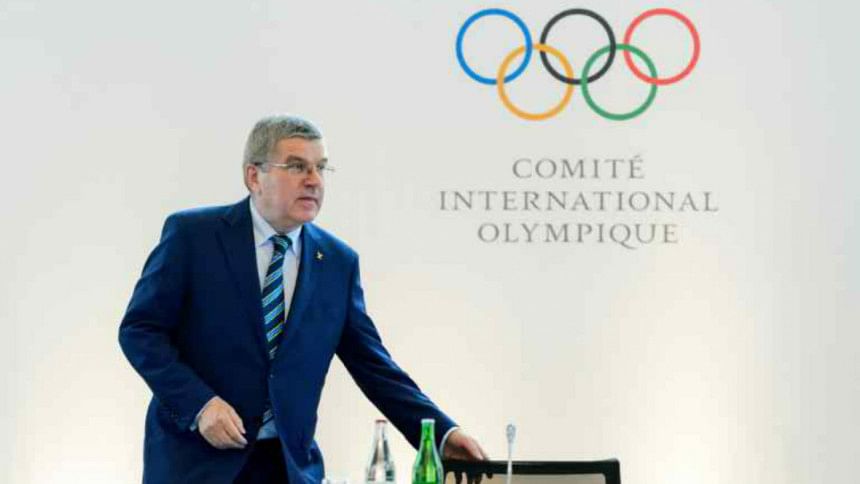
The International Olympic Committee was set to decide Sunday on whether to ban Russia from the Rio Games over state-run doping, an unprecedented move that could spark the Olympic movement's worst crisis in decades.
While countries have been banned from past Games for grave, political reasons, throwing an entire nation out for drug cheating would be a first.
But the IOC is facing global pressure to take bold action given the jaw-dropping nature of the allegations against Russia.
According to an independent report from the World Anti-Doping Agency (WADA), Russia's sports ministry directed a vast doping programme with support from the FSB intelligence agency.
More than 30 sports were affected by the cheating that went on during the 2014 Sochi Games and other major events, said the WADA report released last week by Canadian law professor Richard McLaren.
WADA, along with fourteen national anti-doping agencies -- including the United States, Canada and Germany -- as well as multiple national Olympic committees have urged the IOC to ban Russia from Rio.
IOC chief Thomas Bach will lead a conference call with the organisation's powerful executive board on Sunday.
The IOC said a final decision on Russia's eligibility could be issued after the call, but a definitive ruling may be put off until early next week.
With the Rio Games set to start on August 5, the IOC has taken every last agonising day before ruling on one of the toughest questions it has faced in recent history.
Collective punishment?
The key issue is whether the extent of the alleged cheating in Russia gives the IOC grounds to punish athletes with no positive drug tests on their record.
"We will have to take a very difficult decision," Bach said this week, addressing the ethical and legal tension "between a collective ban for all Russian athletes, and...the natural right to individual justice for every clean athlete in the world."
Officials in Moscow led by Russian President Vladimir Putin have vowed to help crack down on doping while voicing fierce opposition to the prospect of a blanket ban.
Last Soviet leader Mikhail Gorbachev also intervened: "For me the principle of collective punishment is unacceptable," wrote 85-year-old Gorbachev in a statement, asking Bach to make a "just decision."
Sports tribunal sets precedent?
Russia's entire track and field squad has already been banned from Rio by athletics governing body IAAF over an earlier WADA report which detailed "state-supported" doping.
The Court of Arbitration for Sport (CAS) this week rejected an appeal by 67 Russian athletes against the IAAF ban.
The IOC has said it would closely study the CAS ruling as it tried to assess the legal basis for a collective national suspension.
Meanwhile, an ongoing IOC reanalysis of samples from Beijing 2008 and London 2012 revealed 45 new doping failures.
That brought the total number of positive drug tests to 98 since a retesting programme was launched, underscoring the severity of the doping crisis within the
Rare company
If the IOC bans Russia from Rio, it will be the first time a country has been excluded since 1988, when South Africa's IOC suspension over apartheid was still in force.
The most extensive set of national bans came at the 1920 Games in Antwerp, when a long list of World War One "aggressors" -- including Germany, Austria, Turkey and Hungary -- were told to stay away.
Multiple countries have boycotted Games, however, notably the United States at Moscow 1980, which preceded Russia's boycott of Los Angeles 1984.

 For all latest news, follow The Daily Star's Google News channel.
For all latest news, follow The Daily Star's Google News channel. 

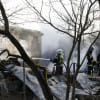
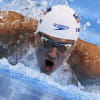
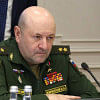
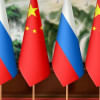
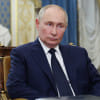


Comments